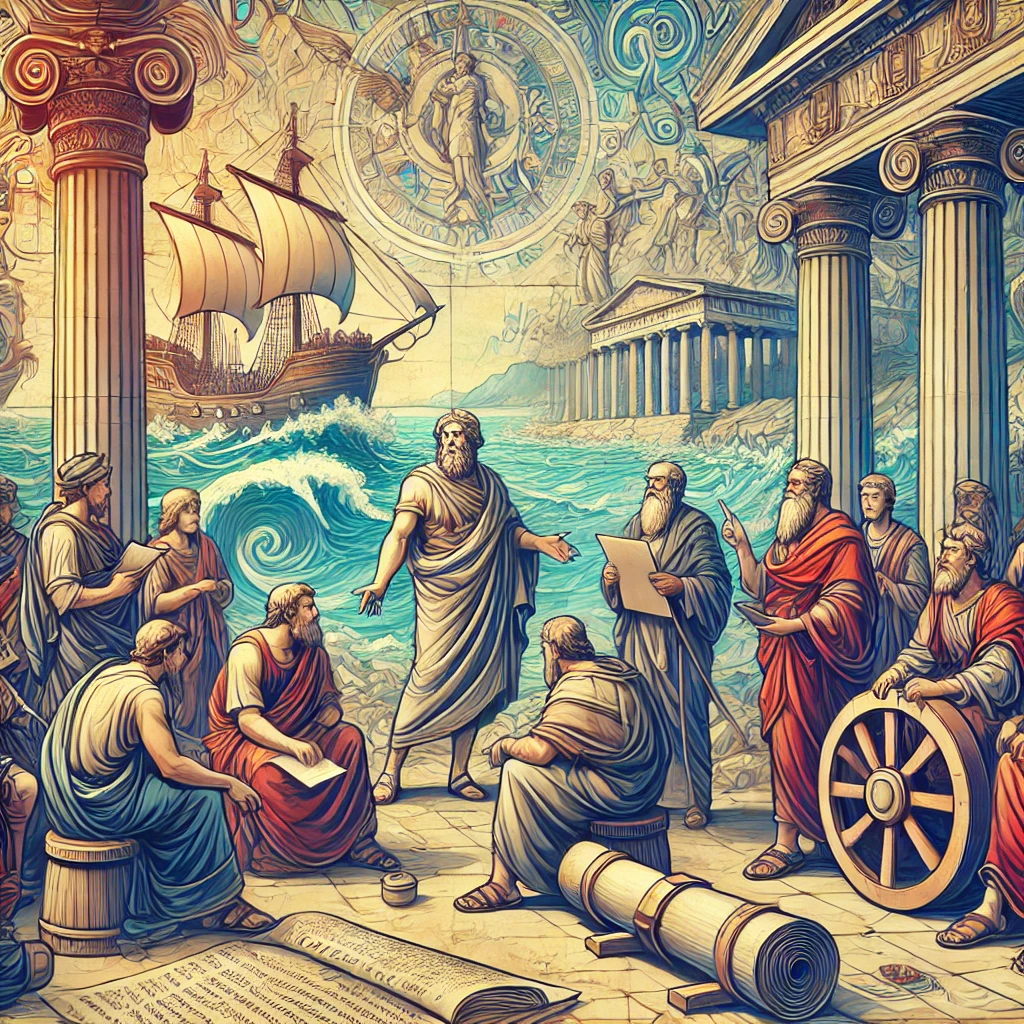The name of the Aegean civilization has roots deeply embedded in both history and mythology. This ancient society, flourishing around the Aegean Sea, derives its name from the geographical expanse it dominated. Key figures and myths, such as King Aegeus of Athens, also played a significant role in shaping the Aegean civilization name. Additionally, the sea itself, lying between the Greek and Anatolian peninsulas, served as a crucial hub for trade and cultural exchange, further solidifying the name’s relevance and lasting impact.
The Origins of the Aegean Civilization’s Name
The term “Aegean civilization name” has its roots deeply embedded in history, reflecting the rich cultural heritage of the region surrounding the Aegean Sea. This ancient civilization spans several distinct yet interconnected cultures, including the Minoans on Crete, the Mycenaeans on mainland Greece, and the Cycladic people on the Aegean islands.
Key elements contributing to the Aegean civilization name:
- Geographical Focus: The Aegean Sea is central to the identity and name of the civilization. Thus, the name encapsulates the maritime nature and interconnectedness of these early societies.
- Cultural Unity: Despite variations and local developments, a shared culture, art, and trade practices unified these groups under the broader umbrella of the Aegean civilization.
- Historical Documentation: Early historians and archaeologists adopted the name “Aegean civilization” based on the central role of the Aegean Sea in the development and interactions of these early societies.
Understanding the origins of the Aegean civilization name allows us to appreciate the interconnectedness and shared legacy of these early Mediterranean cultures.
Key Figures and Myths Influencing the Name
The Aegean civilization name draws heavily from rich legends and influential figures in ancient Greek mythology. Here are some key examples:
- King Aegeus: The most significant figure is King Aegeus of Athens. According to myth, the Aegean Sea is named after him. When he mistakenly thought his son, Theseus, had died, he flung himself into the sea, giving birth to its legendary name.
- Theseus and the Minotaur: Theseus, a hero who vanquished the Minotaur, is central to the myth. His adventures highlighted the cultural and political significance of the Aegean region.
Legends and Myths:
- The Birth of Zeus: Some myths suggest the Aegean as a critical location where gods and titans waged war, particularly the story of Zeus growing up on the island of Crete.
- Atlantis: Though debated, some believe the legendary sunken city of Atlantis is located in the Aegean, adding to the mystical allure of the region.
Therefore, the Aegean civilization name is deeply interwoven with these fascinating figures and myths, reflecting the cultural tapestry of ancient Greece.
Geographical significance of the Aegean Sea
The Aegean Sea holds immense geographical importance, which directly influenced the Aegean civilization name. Situated between the Greek mainland and Turkey, the Aegean Sea served as a gateway for trade, communication, and cultural exchange among ancient societies.
Key Points:
- Natural Harbors: The Aegean Sea is dotted with numerous islands and natural harbors, facilitating safe anchorage and fostering maritime trade.
- Proximity to Civilizations: Its central location between Asia Minor and Europe made it a melting pot of diverse cultures and technologies.
- Rich Marine Resources: The sea teemed with marine life, providing sustenance and supporting a thriving fishing industry that sustained early civilizations.
| Factor | Importance to Aegean Civilization |
|---|---|
| Natural Harbors | Enabled trade and safe travel |
| Central Location | Promoted cultural interactions |
| Marine Resources | Sustained population through fishing |
Undoubtedly, the Aegean Sea’s geographical attributes were instrumental in shaping the communities around it. This centrality to their livelihood and growth provided a natural foundation for the Aegean civilization name.
Frequently Asked Questions
What is the origin of the name “Aegean Civilization”?
The term “Aegean Civilization” is derived from the Aegean Sea, which is the body of water that lies between the mainland of Greece and the coast of Turkey. This sea was central to the development of several ancient civilizations, including the Minoans, Mycenaeans, and Cycladic people. The name reflects the geographical area where these cultures thrived.
Which ancient cultures are included in the Aegean Civilization?
The Aegean Civilization typically encompasses three primary ancient cultures: the Minoans on the island of Crete, the Cycladic people scattered across the Cyclades archipelago, and the Mycenaeans on the mainland of Greece. These cultures are known for their advanced architecture, art, and trade networks, which were centered around the Aegean Sea.
Why is the Aegean Civilization significant in history?
The Aegean Civilization is significant due to its early advancements in architecture, art, and commerce during the Bronze Age (approximately 3000 to 1100 BCE). These civilizations laid the foundation for the later Classical Greek culture, influencing aspects of language, mythology, and societal structure. Their extensive trade networks also played a crucial role in the cultural and economic exchanges across the Mediterranean.
How did the geographical features of the Aegean Sea influence the Aegean Civilization?
The geography of the Aegean Sea, with its numerous islands and harbors, facilitated maritime trade and cultural exchange among the ancient civilizations. The relatively calm and shallow waters made it easier for the Minoans, Mycenaeans, and Cycladic people to navigate and establish trade routes. This connectivity allowed for the diffusion of ideas, goods, and technologies, contributing to the prosperity and development of the Aegean civilizations.


